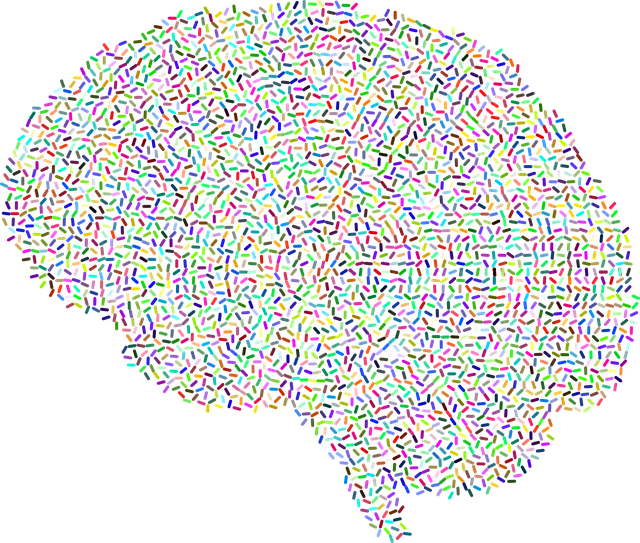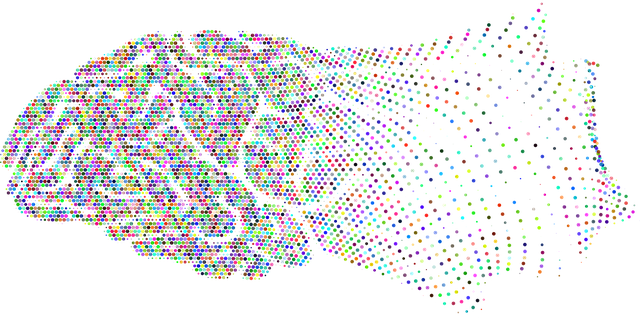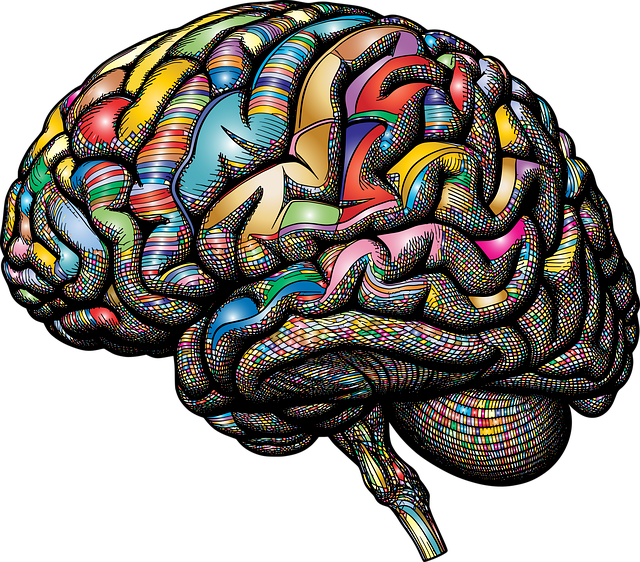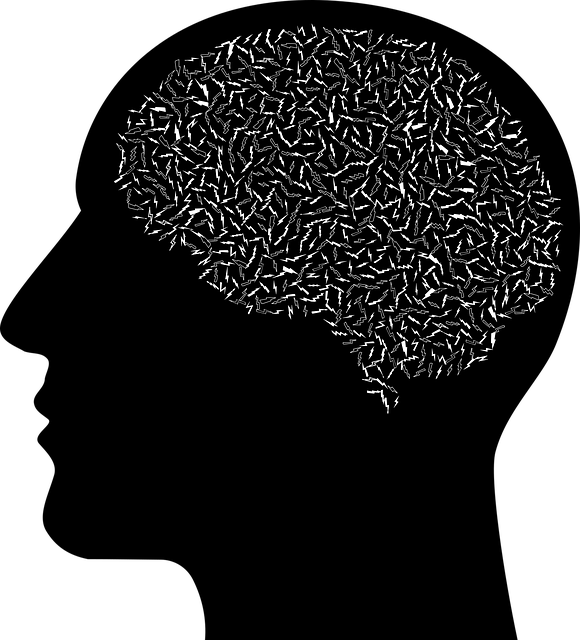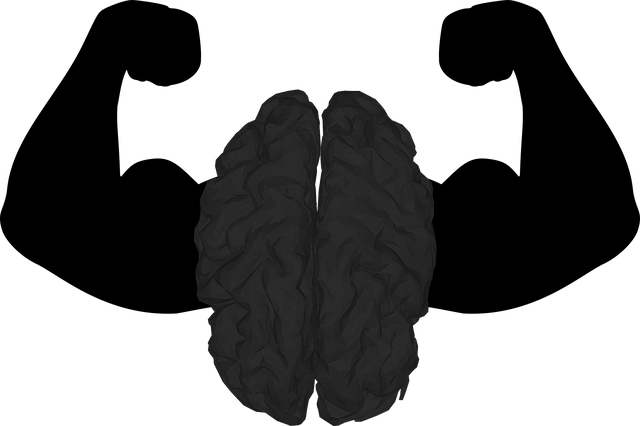Cultural competency is a crucial component of effective therapy for children struggling with drug or substance abuse issues, addressing trauma and unique cultural needs. Integrating this approach into healthcare provider training involves specialized education on cultural nuances, systemic health issues, and depression prevention strategies tailored to diverse patients. Regular workshops enhance communication skills, empathy, and mental health awareness, enabling professionals to provide culturally sensitive therapy for children and improve overall patient outcomes.
Healthcare provider cultural competency training is an essential component of modern medical practice, especially in children’s therapy. With a growing diverse patient population, understanding cultural nuances is crucial for effective treatment outcomes. This article explores three key aspects: cultural competency in healthcare, addressing drug and substance abuse through a cultural lens, and enhancing care quality with practical strategies. By focusing on these areas, we aim to improve services for children struggling with therapy and drug abuse-substance abuse issues.
- Understanding Cultural Competency in Healthcare: A Necessary Approach for Children's Therapy
- Addressing Drug and Substance Abuse through a Cultural Lense: Training Implications
- Enhancing Care Quality: Practical Strategies for Continuous Improvement in Cultural Competency Training
Understanding Cultural Competency in Healthcare: A Necessary Approach for Children's Therapy

Cultural competency in healthcare is an essential approach to ensure effective therapy for children dealing with drug abuse or substance abuse issues. In the context of children’s therapy, understanding cultural nuances is critical as it allows therapists to create a safe and supportive environment tailored to each child’s unique background. Many children facing addiction may have experienced trauma, requiring specialized support services and emotional well-being promotion techniques that address their specific needs.
By incorporating cultural competency training, therapists can prevent burnout and effectively navigate the challenges presented by diverse patient populations. This approach ensures that therapy sessions are inclusive and sensitive to various cultural beliefs, practices, and values, fostering a deeper connection between the therapist and the child. As such, it plays a pivotal role in enhancing therapeutic outcomes and promoting holistic healing for children navigating drug abuse or substance abuse problems.
Addressing Drug and Substance Abuse through a Cultural Lense: Training Implications

Addressing Drug and Substance Abuse through a Cultural Lense is a critical component of healthcare provider training. In many communities, drug abuse is deeply intertwined with social determinants of health, including cultural beliefs, family dynamics, and access to mental wellness coaching programs. By integrating cultural competency into their practices, healthcare providers can better understand the nuances surrounding substance abuse, especially when dealing with therapy for children. This involves recognizing that what may be considered normal behavior in one culture could be a red flag in another, and tailoring interventions accordingly.
Implications for training include focusing on developing mental health education programs that are culturally sensitive and inclusive. Instructors should encourage providers to explore the impact of systemic issues, such as poverty and discrimination, on substance abuse rates within different communities. Additionally, training should emphasize the importance of integrating Depression Prevention strategies into broader substance abuse treatment plans, acknowledging that mental health conditions often coexist with addiction. Through these approaches, healthcare provider cultural competency training can enable more effective prevention, intervention, and support for those grappling with drug and substance abuse issues.
Enhancing Care Quality: Practical Strategies for Continuous Improvement in Cultural Competency Training

Cultural competency training plays a pivotal role in enhancing the quality of care provided by healthcare providers. By fostering an environment where diverse cultural perspectives are understood and valued, these programs ensure that patients from all backgrounds receive respectful, equitable, and effective treatment. One practical strategy involves regular workshops and simulations designed to improve clinical communication skills, allowing providers to navigate sensitive cultural topics with confidence. These sessions can include role-playing scenarios addressing issues like language barriers, religious practices, and familial structures, thereby equipping healthcare professionals to offer tailored care that respects individual needs.
Moreover, continuous improvement in cultural competency should integrate mental health awareness and emotional regulation techniques. Training programs can incorporate mindfulness exercises and stress management strategies to help providers maintain empathy and composure when dealing with patients from different cultural contexts, especially those facing challenges like drug abuse or substance use disorders. Boosting confidence through such training enables healthcare workers to provide therapy for children and adolescents experiencing emotional distress, ensuring that mental health services are accessible, accepting, and culturally sensitive.
Cultural competency training is a game-changer in healthcare, especially for children’s therapy and addressing drug abuse issues. By incorporating practical strategies that enhance care quality, providers can navigate diverse patient backgrounds more effectively. This not only improves treatment outcomes but also fosters trust and understanding within communities, ultimately revolutionizing mental health support for all, including those battling substance abuse. In light of these discussions, it’s clear that continuous improvement in cultural competency is essential to providing inclusive and compassionate therapy for children and adults alike, especially when tackling sensitive issues like drug and substance abuse.




